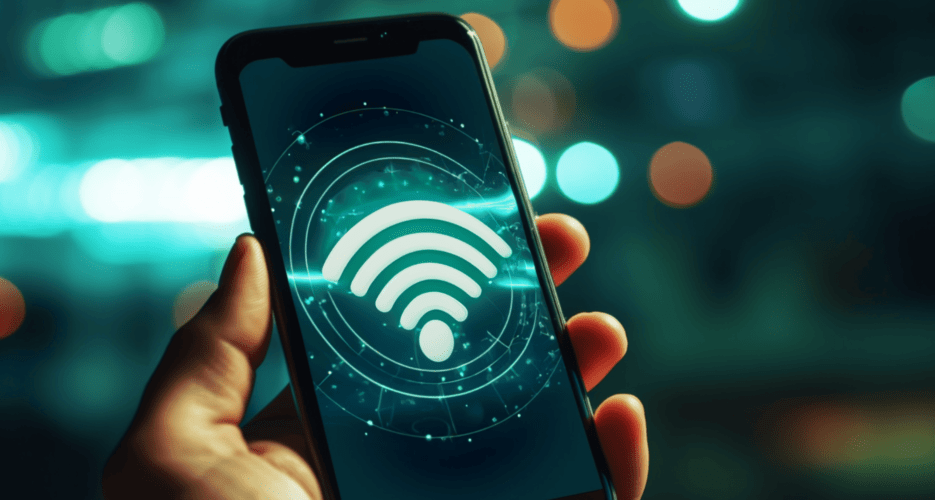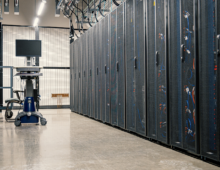Despite the government’s attempts to bolster its digital defenses, the South Korean public remains lax, experts say
In the digitally-forward nation of South Korea, where residents expect and have access to high-speed internet, an unexpected paradox comes to light: Despite their robust digital infrastructure, South Koreans display a concerning lack of adherence to basic cybersecurity measures, according to experts.
A recent NordVPN report underscores this issue, revealing South Korea as ranking low in cyber awareness, especially when juxtaposed with nations of comparable internet usage. This position becomes even more alarming when considering the country’s history with significant cyberattacks. Moreover, the Korea Internet and Security Agency (KISA) reported a 78% surge in cyberattacks in 2022 compared to the previous year.
In the digitally-forward nation of South Korea, where residents expect and have access to high-speed internet, an unexpected paradox comes to light: Despite their robust digital infrastructure, South Koreans display a concerning lack of adherence to basic cybersecurity measures, according to experts.
A recent NordVPN report underscores this issue, revealing South Korea as ranking low in cyber awareness, especially when juxtaposed with nations of comparable internet usage. This position becomes even more alarming when considering the country’s history with significant cyberattacks. Moreover, the Korea Internet and Security Agency (KISA) reported a 78% surge in cyberattacks in 2022 compared to the previous year.
Get your
KoreaPro
subscription today!
Unlock article access by becoming a KOREA PRO member today!
Unlock your access
to all our features.
Standard Annual plan includes:
-
Receive full archive access, full suite of newsletter products
-
Month in Review via email and the KOREA PRO website
-
Exclusive invites and priority access to member events
-
One year of access to NK News and NK News podcast
There are three plans available:
Lite, Standard and
Premium.
Explore which would be
the best one for you.
Explore membership options
© Korea Risk Group. All rights reserved.
No part of this content may be reproduced, distributed, or used for
commercial purposes without prior written permission from Korea Risk
Group.












